What is Zebeta and how is it used?
Zebeta is a prescription medicine used to treat the symptoms of Hypertension (High Blood Pressure) and Heart Failure. Zebeta may be used alone or with other medications.
Zebeta belongs to a class of drugs called Beta-Blockers, Beta-1 Selective.
It is not known if Zebeta is safe and effective in children.
What are the possible side effects of Zebeta?
Zebeta may cause serious side effects including:
- shortness of breath,
- swelling,
- rapid weight gain,
- slow heart rate,
- pounding heartbeats,
- fluttering in your chest,
- numbness, tingling, or cold feeling in your hands or feet,
- lightheadedness,
- eye pain,
- vision problems,
- wheezing,
- chest tightness, and
- trouble breathing
Get medical help right away, if you have any of the symptoms listed above.
The most common side effects of Zebeta include:
- headache,
- feeling tired,
- sleep problems (insomnia),
- joint pain,
- swelling, and
- cold symptoms (stuffy nose, runny nose, cough, sore throat)
Tell the doctor if you have any side effect that bothers you or that does not go away.
DOSAGE AND ADMINISTRATION
The dose of ZEBETA must be individualized to the needs of the patient. The usual starting dose is 5 mg once daily. In some patients, 2.5 mg may be an appropriate starting dose . If the antihypertensive effect of 5 mg is inadequate, the dose may be increased to 10 mg and then, if necessary, to 20 mg once daily.
Patients With Renal Or Hepatic Impairment
In patients with hepatic impairment (hepatitis or cirrhosis) or renal dysfunction (creatinine clearance less than 40 mL/min), the initial daily dose should be 2.5 mg and caution should be used in dose-titration. Since limited data suggest that bisoprolol fumarate is not dialyzable, drug replacement is not necessary in patients undergoing dialysis.
Geriatric Patients
It is not necessary to adjust the dose in the elderly, unless there is also significant renal or hepatic dysfunction (see above and Geriatric Use in PRECAUTIONS).

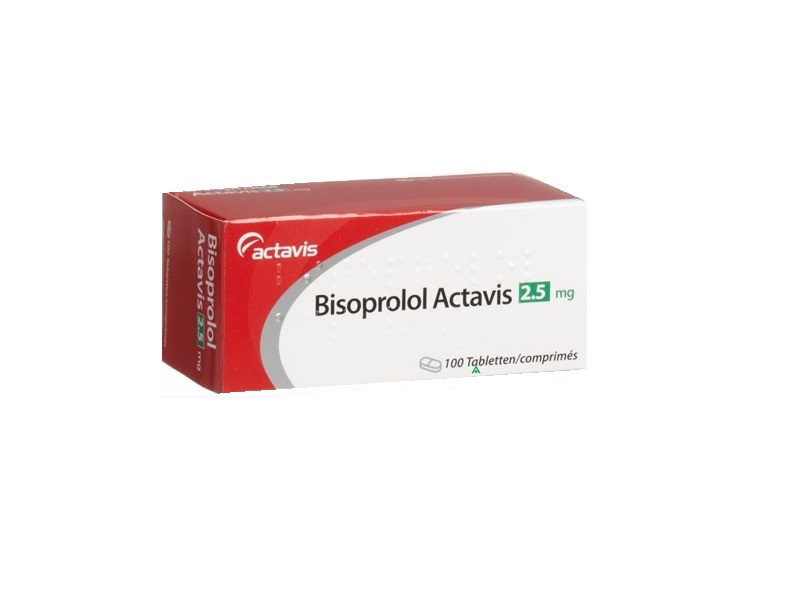
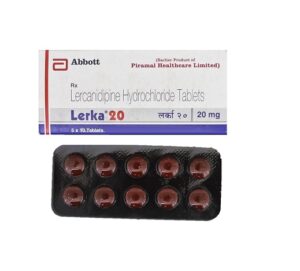
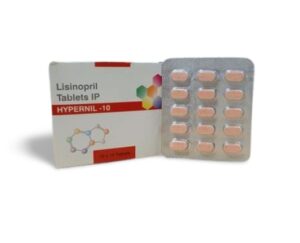
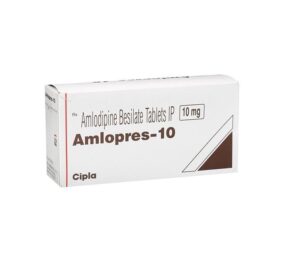
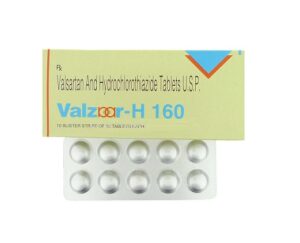
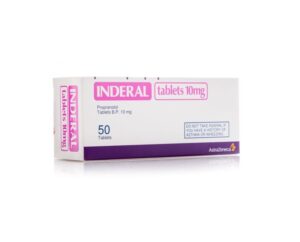
Reviews
There are no reviews yet.